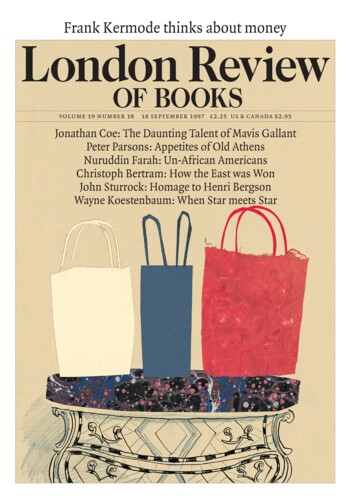Was it unavoidable?
Christoph Bertram, 18 September 1997
It is a rare experience to witness the collapse of a modern state, not to mention of an empire; but those who were alive and conscious in 1989 can claim to have been present at just such an extraordinary event. Although most Western experts were aware of many of the internal shortcomings of the Soviet Union and its assorted East European satellites – Helmut Schmidt called it ‘Upper Volta with missiles’ – it had not seemed by any means moribund, even appearing to generate fresh energy and a new spirit, as well as international respectability, under Gorbachev’s reforms. The boldest forecasts saw another fifty years of Soviet rule in Central Europe, or if they were especially adventurous, a gradual erosion of the Communist empire: no one predicted the rush of events that led within a very few years from perestroika to collapse.’

